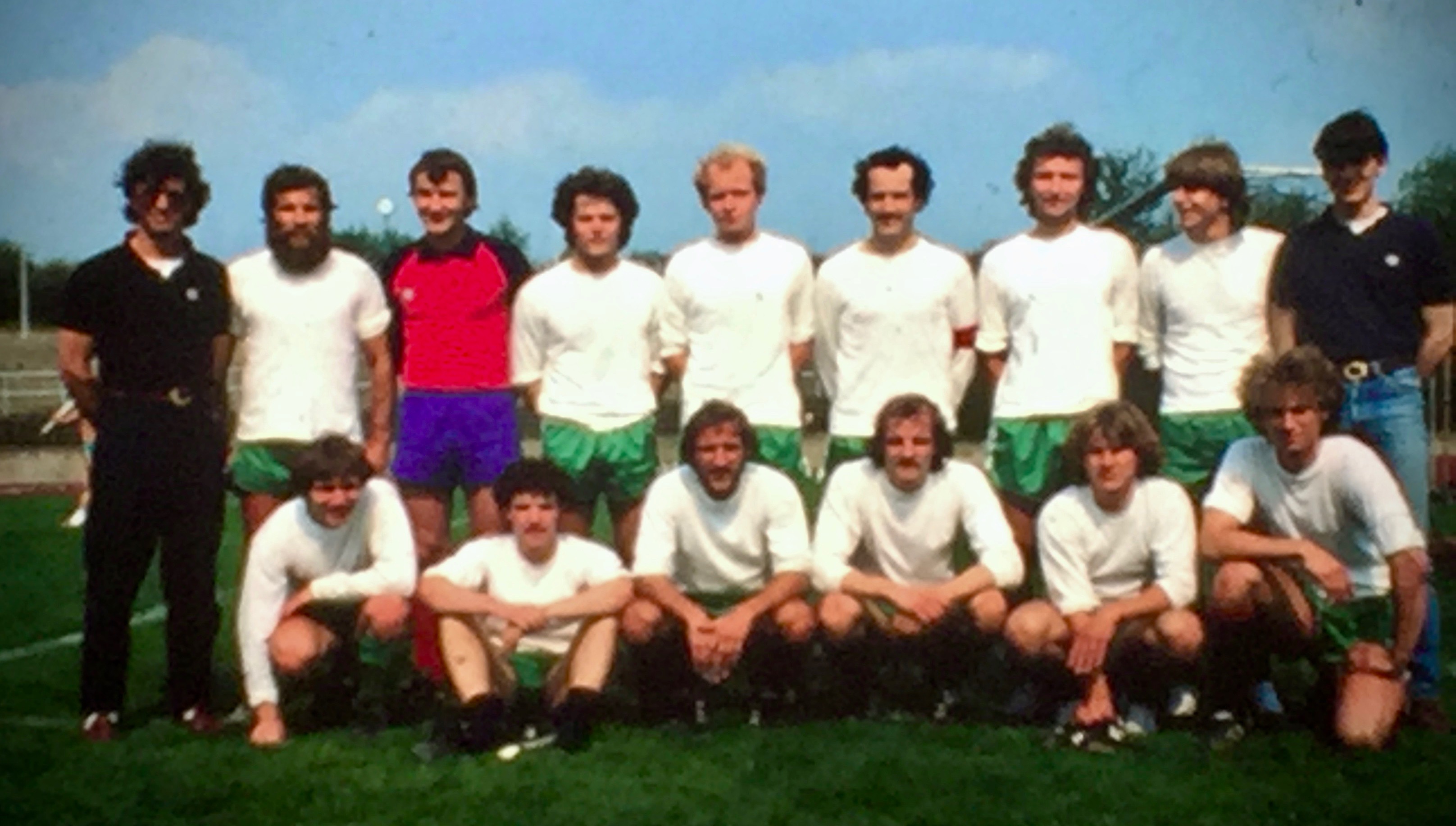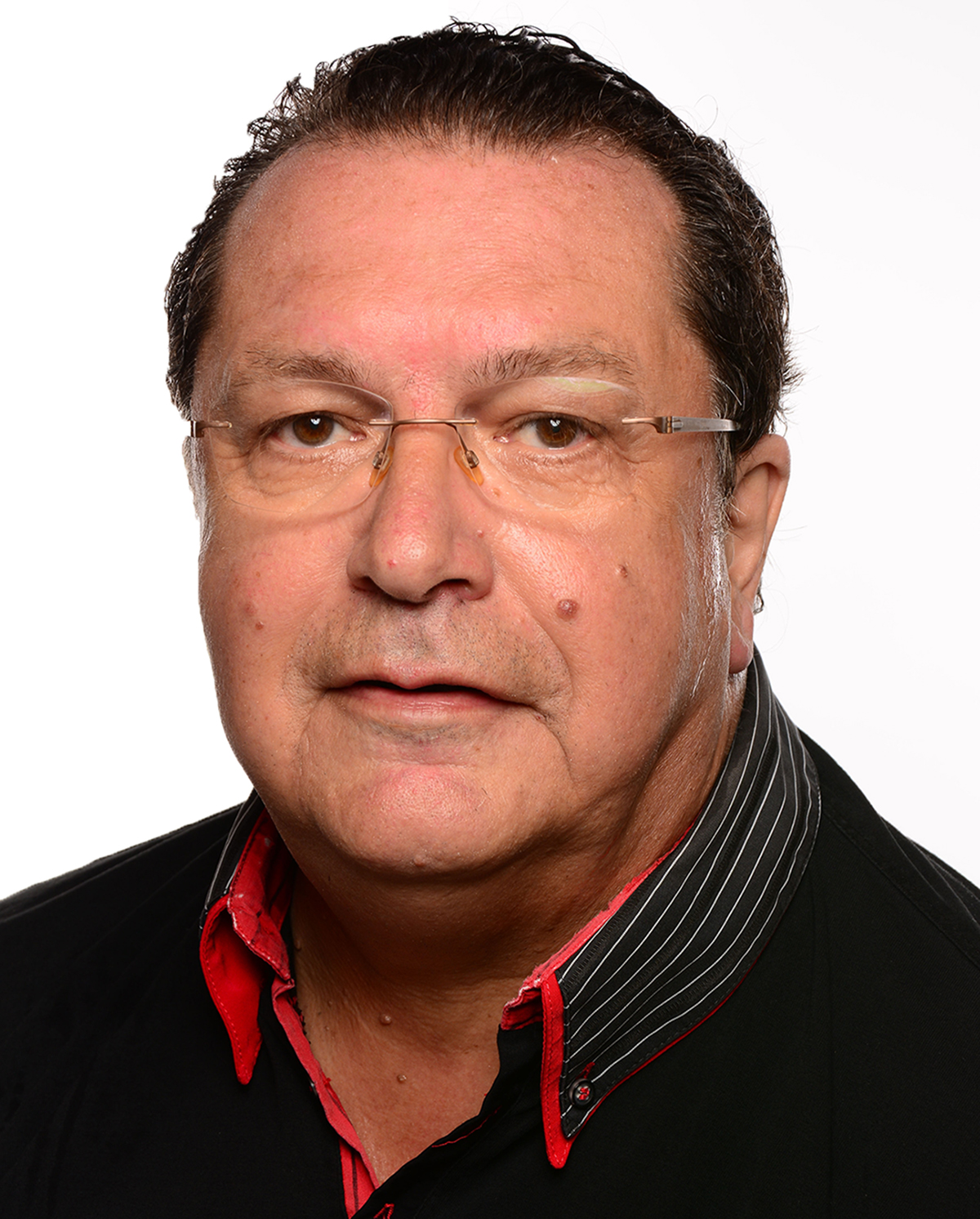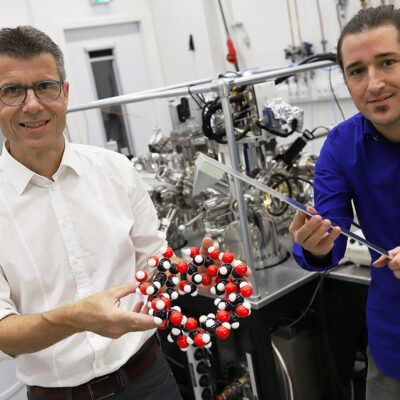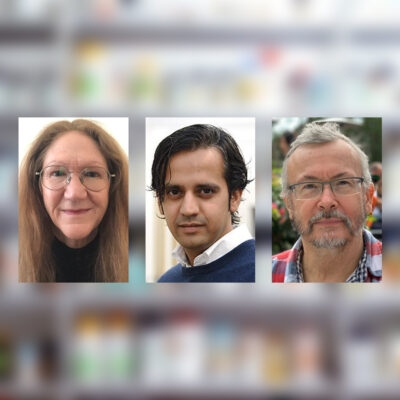Development of religion and worldview is the focus of a longitudinal study at the University of Tennessee at Chattanooga, USA and Bielefeld University, Germany. The researchers mainly distinguish four religious styles that indicate how faith, spirituality, and worldview shape an adult person’s life. In a recent analysis, researchers of the project have demonstrated how religious styles change during an adult’s lifespan. They have also identified predictors of such development. Now, this research network is continuing with new funding as of this month to the tune of 1.2 million euros (1.35 million US dollars).
The German Research Foundation (DFG) has funded this international research project since 2002. In 2014, also the Philadelphia-based John Templeton Foundation became involved as a third-party funder. Now, both foundations have approved joint funding of a further project phase from 2022 to 2024.
Their studies allow the researchers in this project to document how people’s religious views and worldviews change during their lifetime. The extensive data base created in this project with the information gained from surveys and interviews makes it possible for them to analyse how faith develops. “In the past, knowledge about religious development was based primarily on theoretical and partly speculative assumptions. Now we seek empirical evidence from longitudinal research,” says Professor Dr Heinz Streib, head of the Research Center for Biographical Studies in Contemporary Religion at Bielefeld University. The professor of theology and researcher in the psychology of religion Heinz Streib is head of the research project together with psychology professor Ralph W. Hood PhD, Jr., LeRoy A. Martin Distinguished Professor of Religious Studies at the University of Tennessee at Chattanooga.
“While for a long time there was the assumption that religious development comes to an end with childhood faith and the transition into adulthood,” says Streib, “from our analyses over the years we have been able to confirm that people’s religious style also changes in adulthood.”
The team consists of researchers from psychology, religious studies, sociology, linguistics, and mathematics. At the University of Tennessee at Chattanooga: Christopher F. Silver PhD, assistant professor in Learning and Leadership Programs and instructor in psychology, Matthew C. Durham and Daimi Shirk, doctoral students. At the University of North Carolina at Charlotte: Zhuo Job Chen, associate professor of psychology. At Bielefeld University: Dr. Barbara Keller, senior post-doctoral researcher and licensed psychoanalyst, Dr. Ramona Bullik, post-doctoral researcher, and Anika Steppacher, doctoral student.
Data on religious and worldview development spanning two decades
The researchers interview adults from a wide variety of religious, spiritual or other preferences, including non-theistic and non-religious worldviews. The methods used take the form of online questionnaires and personal interviews. The questionnaires assess, for example, dimensions of personality, mystical experiences, and psychological well-being and growth. For the personal interview, the researchers use the Faith Development Interview format as developed by James Fowler. It includes questions on life history, relationships, values and religious commitment or worldview. The interviews undergo a narrative and content analysis, and are also evaluated for religious style. Based on these interview evaluations and the questionnaire data, the researchers have produced and published a large number of case studies, including in their recent book, Deconversion Revisited.
In the past two decades, several thousand people have answered the questionnaire, and the researchers have completed Faith Development Interviews with more than a thousand participants in the USA and Germany. 250 of these participants agreed to a second interview, and 75 completed a third interview. These two groups of interviewees are particularly valuable for the study, because longitudinal investigation allows the documentation of change and development in their individual faith journeys over time. In the new project phase 2022-2024, the researchers will increase the number of longitudinal participants by several hundred in the USA and Germany.
Findings show: majority of participants move to a higher religious style
The researchers work with a selection of four religious styles that are ordered in a hierarchy: a fundamentalist-ethnocentric, a conventional, an individuative-reflective, and a dialogical style. These styles indicate how faith, spirituality, and worldview structure a person’s life story and their practical actions in their lifeworld and society. In a study recently published in the journal Psychology of Religion and Spirituality, the researchers analysed how the religious styles of the triple respondents had developed over a period of about ten years. Their findings indicate that the majority developed a higher religious style, for example moving from the individuative-reflective to the dialogical style, or from the conventional to the individuative-reflective style. Factors that support this progression are higher scores on openness to experience or a low level of agreement with the truth of text and teachings of their own religion.
“Religious development, however, does not follow a unilinear upward development trajectory,” says Streib. “Rather, religious development appears as progression and regression; it can move to a lower or to a higher level. And in a substantial number of our sample, we see regression. This finding contradicts assumptions in developmental psychology that religious styles—or morality, for example—can only move up progressively.”
The new phase of the research project began on 1 January 2022 and ends on 30 September 2024. The John Templeton Foundation is providing about 850,000 euros in funding and the German Research Foundation about 350,000 euros. A new focus of this research phase will be an assessment of how religious and worldview development results in changes in the image of God or transcendence. A second new focus regards the effects of religious and worldview development on reducing prejudice and xenophobia—thus on one of the urgent problems in our societies.
Original publications:
- Heinz Streib, Zhuo Job Chen, Ralph W. Hood: Faith development as change in religious types: Results from three-wave longitudinal data with faith development interviews. Psychology of Religion and Spirituality, https://doi.org/10.1037/rel0000440
- Heinz Streib, Barbara Keller, Ramona Bullik, Anika Steppacher, Christopher F. Silver, Matthew Durham, Sally B. Barker, Ralph W. Hood: Deconversion Revisited. Biographical Studies and Psychometric Analyses Ten Years Later. Brill Germany/Vandenhoeck & Ruprecht, https://doi.org/10.13109/9783666568688






